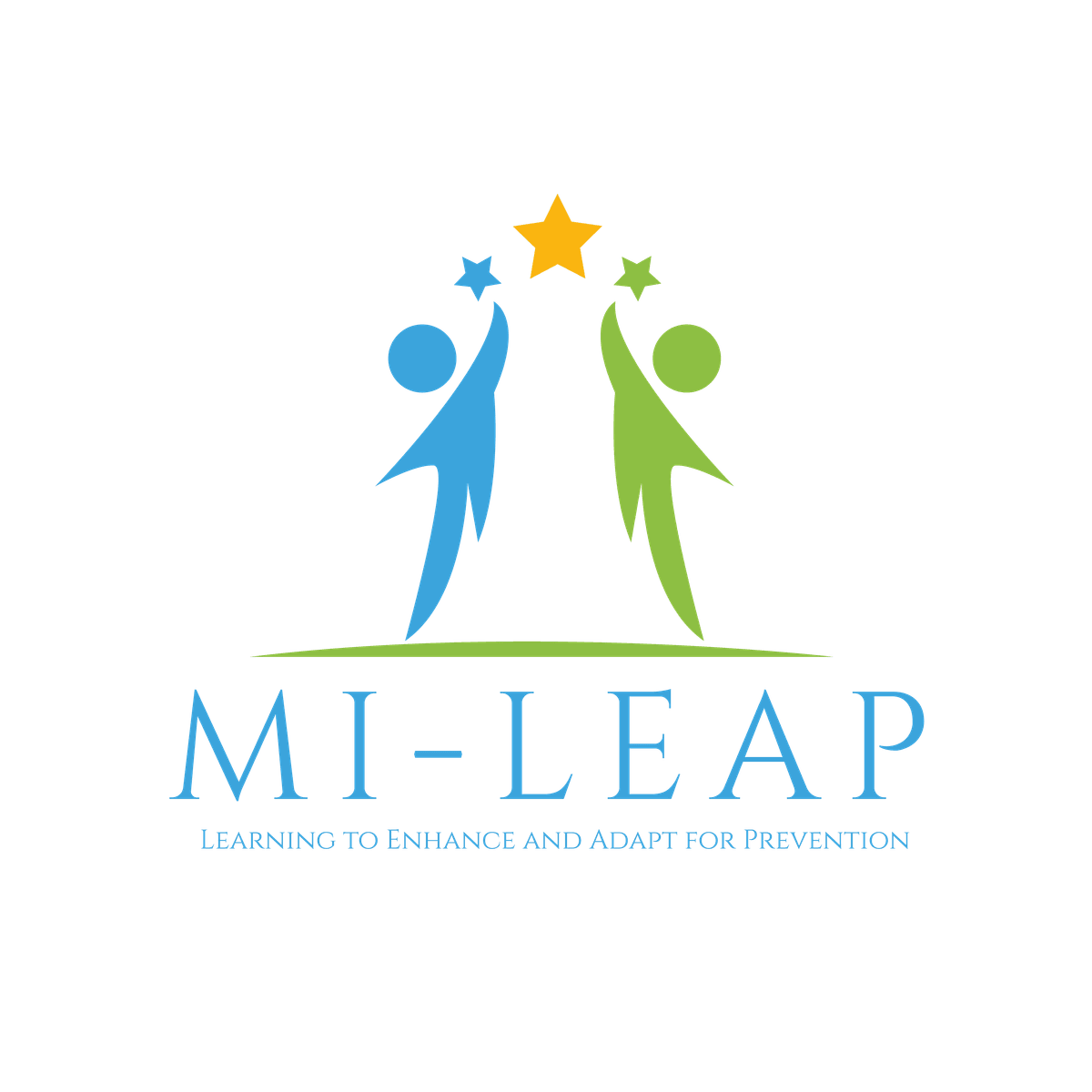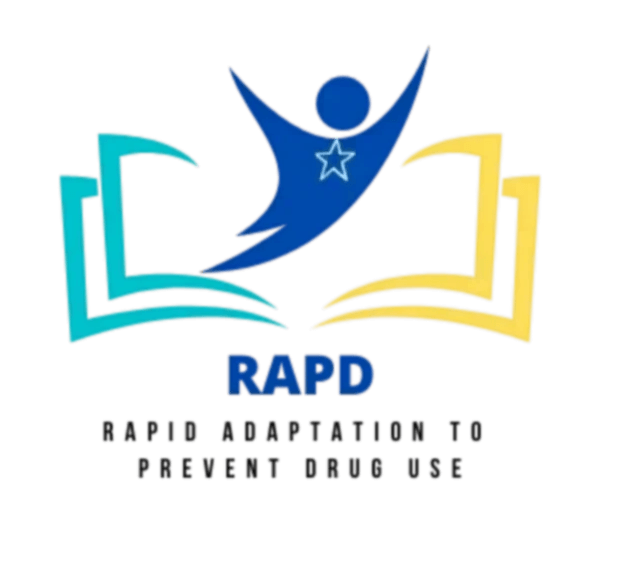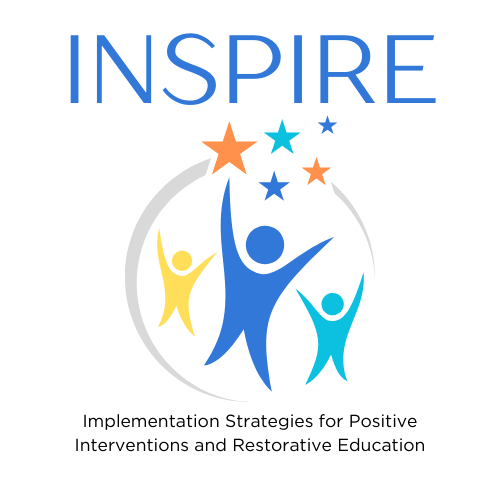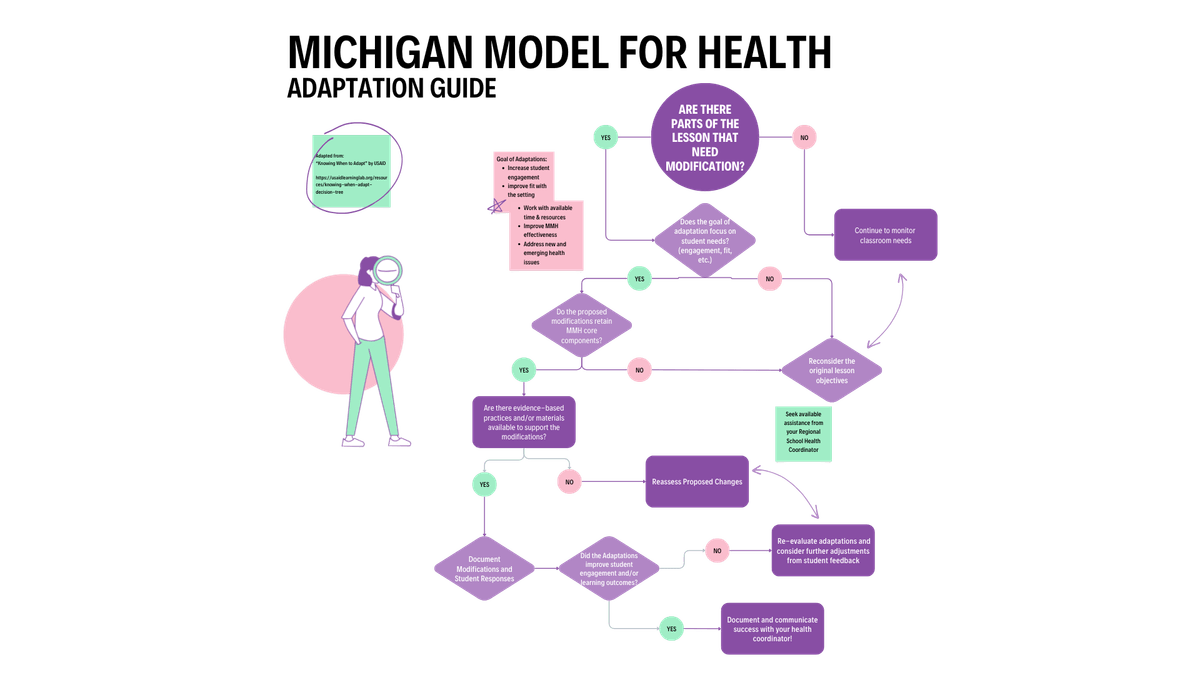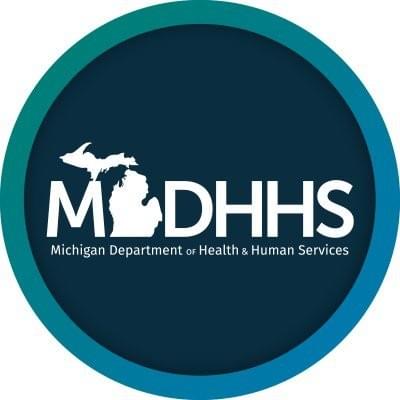



Wayne State ASPIRE Lab
- …



Wayne State ASPIRE Lab
- …

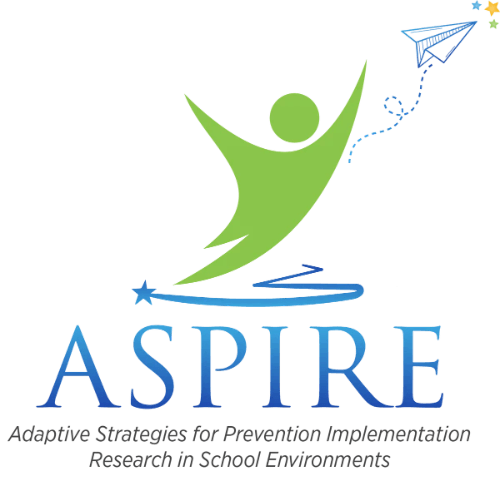
Designing and Testing Implementation Strategies that Deliver Impact and Value
Wayne State University, College of Education, Kinesiology, Health and Sport Studies
About Us
The Adaptive Strategies for Prevention Implementation Research in School Environemnts (ASPIRE) Lab is dedicated to the study of improving the implementation of prevention and early intervention for substance use disorders among adolescents. Schools are an important part of prevention and early intervention, but often do not have the needed capacity to deliver these interventions. The ASPIRE Lab studies strategies to improve the implementation of health interventions in schools, including financial stragegies.
Our Work: Building Systems that Work for Schools and Students
Optimize Outcomes with Limited Resources
We develop and test strategies that help schools use existing resources more efficiently, ensuring staff time, funding, and energy are focused where they matter most.
Supporting the Whole Child
We strengthen school systems that address mental health, substance use, and academic needs together, recognizing that supporting the whole child leads to better outcomes.
Aligning Efforts Across Tiers and Partners
We connect efforts across universal, targeted, and intensive supports, helping schools and community partners work better together and reduce duplication or gaps.
Sustainable Systems
We help schools build lasting prevention and behavioral health systems using fiscal mapping, implementation blueprints, and adaptable strategies tailored to local needs.

Implementing Evidence-Based Prevention Effectively
Central Factors and Key Partners

Supporting School-Based Service Providers
School-based service providers—including health educators, social workers, counselors, and nurses—are central to effective prevention and behavioral health support. Their work goes beyond delivering programs; they are the foundation of systems that support the whole child. They need sufficient support to:
- Identify emerging trends in youth behavior, mental health, and substance use
- Tailor content and services to improve relevance, accessibility, and equity
- Coordinate efforts across tiers of support (universal, targeted, intensive)
- Partner with schools and communities to strengthen infrastructure and reduce silos
- Empower students with skills and knowledge to make healthy, informed choices
These providers are not just implementers—they are strategic leaders in building school systems that promote resilience, equity, and long-term well-being.

Meeting Organizations Where They Are
Effective prevention in schools isn’t just about good programs—it’s about creating the right conditions for success.
Key factors include:
- Time & Staffing: A few overburdened staff can't do it all. Without protected time and coordination, efforts can stall.
- Competing Priorities: Academics, staffing shortages, and crises often push prevention aside.
- Funding Access: Even great strategies fail without flexible funding or budget clarity.
- Alignment: When data, plans, and policies don’t connect (e.g., MiPHY, SIPs), momentum is lost.
- Collaboration: Schools that connect staff roles and community partners are better equipped to meet student needs.
Prevention works best when systems reduce silos, coordinate efforts, and build on what schools already have.

Leveraging the Expertise of School Health Coordinators
Michigan has a powerful, statewide asset: a network of Regional School Health Coordinators housed in RESAs, serving every K–12 public, private, and charter school.
These implementation support practitioners:
- Advance the Whole School, Whole Community, Whole Child (WSCC) framework
- Provide training, TA, and coaching on evidence-based health strategies
- Help align health and education goals across classrooms and districts
- Support implementation of the Michigan Model for Health (MMH)
What Sets Michigan Apart:
- Statewide reach with deep regional roots
- Embedded in schools, not just informing—coaching and sustaining change
- Data-driven and adaptive, grounded in real school contexts
They’re the bridge between state initiatives, schools, and community partners, helping Michigan lead the way in supporting the whole child.

Collaborating with State Agencies
The Michigan Department of Health and Human Services (MDHHS) and the Michigan Department of Education (MDE) play a key role in supporting school health efforts. They ensure the Michigan Model for Health curriculum stays current and accessible, provide training and support for Regional School Health Coordinators, and coordinate funding for implementation and professional development.
By promoting multi-tiered prevention interventions and embedding health education within broader student success goals, these agencies help make health a core part of the school experience—not just an add-on.
Working with Community Partners
Community organizations—like local health departments, prevention coalitions, health systems, and mental health agencies—are essential partners in school-based drug use prevention. These collaborators bring valuable expertise, resources, and services that schools can tap into.
- Coalitions support programming and policy advocacy
- Health departments offer public health data and insight
- Mental health providers and health systems expand access to care and align school and community efforts
Together, these partnerships help schools deliver coordinated, community-informed prevention and early interventions that reflect local needs and strengthen student support systems.
Ongoing and Completed Research Projects

Mi-LEAP
Michigan Model for Health - Learning to Enhance and Adapt for Prevention (Mi-LEAP) completed data collection in 2022 and is in the final stage of data analysis. This project included 9 teachers from 8 high schools in Michigan and was focused on adapting MMH to include trauma-sensitive materials and training as well as ongoing implementation facilitation provided by Regional School Health Coordinators. Learn more about this by visiting the Mi-LEAP project website here.
View the MI-LEAP Results Infographic!

RAPD
The Rapid Adaptation to Prevent Drug Use (RAPD) study concluded data collection in June of 2024 and is beginning the data analysis phase. This project began with an After Action Review phase in 2023 to develop a plan for implementing rapid responses to changing drug trends in Michigan middle schools. Teachers worked with their Regional School Health Coordinators to develop an implementation blueprint customized to their schools. Each blueprint was based on 3 central tenents: Collaboration, Readiness, and Planning. To learn more about RAPD and the implementation blueprints, please visit our study site here.

INSPIRE
Implementation Strategies for Positive Interventions and Restorative Education (INSPIRE) is our latest project that began in February 2025. While in its early phases, we are seeking to understand how schools address student substance use/possession infractions, specifically exploring factors related to the decision making-process around how these infractions are handled.
If you are interested in learning more or getting involved with INSPIRE please reach out to us at ASPIRElab@wayne.edu!
COMING SOON!
Our newest project: Reducing Addiction through Prevention Infrastructure Development (RAPID)
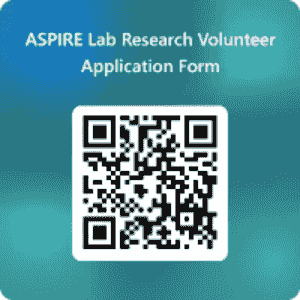
Wayne State Students!
Reach out if you are interested in joining the ASPIRE lab
LEARN WITH US
Check out these resources!

"You Don't Have to Read the Script!"
Adapting MMH to meet the needs of your students doesn't have to compromise the effectiveness of the curriculum. Some adaptations may be beneficial to increase student engagement, address new and emerging issues, or meet school education standards or requirements.
We have developed and curated several tools to determine if changes to the the MMH curriculum are appropriate for your classroom.
View the Adaptation Presentation!
Recent Publications
For a comprehensive list of published research, click here.
Michigan High School Opioid Misuse Prevention Education (M-HOPE): Adapting a Health Curriculum to Address Substance Misuse Risk
Andria Eisman, Amber Hubbell, Carol J. Boyd
Journal of Child & Adolescent Substance Use (2025)
Using After Action Review to Identify Rapid Response Implementation Strategies for Emerging Drugs Among Youth
Andria Eisman, Christine Koffkey, Suzanne Brown, Christina Holmes, Barry Schmidt, Eric Swihart, Tracy Robinson, Bo Kim
Prevention Science (2025)
Rapid Adaptation to Prevent Drug Use (RAPD): protocol of a pilot randomized trial to enhance the impact of an evidence-based intervention for youth
Andria Eisman, Christine Koffkey, Robert Partridge, Suzanne Brown, Bo Kim
Pilot and Feasibility Studies (2025)
Resource Realities: Exploring the Foundations of Successful Implementation in School-Based Drug Prevention
Andria Eisman, Jeffery Martin, Rebecca Hasson, Amy Kilbourne
Journal of School Health (2024)
Building on Strong Foundations: Deploying Enhanced Replicating Effective Programs for evidence-based prevention curriculum adaptation
Andria Eisman, Lawrence Palinkas, Christine Koffkey, Hajir Lafta, Judy Fridline, Christina Harvey, Amy Kilbourne
Translational Behavioral Medicine (2024)

Andria Eisman, PhD, MPH
Principal Investigator
(she/her/hers)
Dr. Eisman is an Associate Professor of Community Health in the Division of Kinesiology, Health, and Sports studies. Her research interests center around improving adolescent health through the effective implementation of evidence-based programs in schools and ensuring sustainability through economic analyses.

Erica Richardson, MA
Erica is earned her Master's in Program Evaluation from Wayne State University in December of 2024. She is interested in using innovative research strategies to strengthen outcomes of instrumental programs that improve the health and well-being of others. Outside of school and work, Erica enjoys experimenting with pottery, growing food in her garden, and hanging out with her dog Paulie.

Nida Qadir
Nida is a PhD student in Economics at Wayne State University with the Prestigious Fulbright Scholarship. She researches the effect of public health insurance and policy on health outcomes. She completed her Masters in Economics in Pakistan, where she is on leave from her position as an Assistant Professor of Economics at Government College. She is a researcher, exchange ambassador, teacher, and mother of two adorable kids.
Project Alumni
- Jacob Whitman, PhD student in health economics, currently a post-doctoral fellow at Unversity of Pittsburgh SPH
- Nikita Patil, MPH Practicum Intern at WSU
- Bilal Shahid, MPH Practicum Intern at WSU
- Nadija Basic, Public Health undergraduate student at WSU, NIDA Summer Intern, 2024
- Juhi Devliyal, MPH Practicum Intern at WSU
- Sreemathi Ramesh, MPH Practicum Intern at WSU
- Caroline Paige, NIDA Summer Intern, 2023
- Kelly Harlan, MPH Practicum Intern at WSU, Research Assistant
Affiliated Groups
Collaborators & Community Partners

Michigan Department of Health and Human Services
Thank you to the many individuals at MDHHS for their work, input, and feedback on our projects. We espeically thank you for the work you have done with Michigan Model for Health and adolescent substance use prevention.







